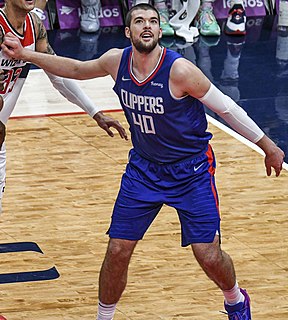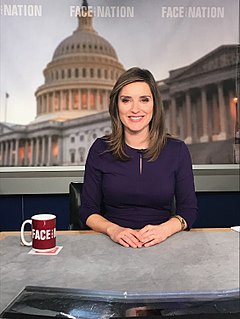A Quote by James Merrill
But those two plays left me on fresh terms with language. I didn't always have to speak in my own voice.
Related Quotes
The full meaning of a language is never translatable into another. We may speak several languages but one of them always remains the one in which we live. In order completely to assimilate a language it would be necessary to make the world which it expresses one's own and one never does belong to two worlds at once.
Dare I speak ,to oppressed and opressor in the same voice? Dare I speak to you in a language that will move beyond the boundaries of domination- a language, that will not bind you, fence you in, or hold you? Language is also a place of struggle. The oppressed struggle in language to recover ourselves, to reconcile, to reunite, to renew. Our words are not without meaning, they are an action, a resistance. Language is also a place of struggle.
Jamie Keehn, our second Australian punter. Again, you have to learn the language. You just can't speak to those guys. You have to know how to speak Australian. ... Australians have a higher voice. When you just speak regular English, it doesn't quite get across. Of course, we've had experience with our Australians, so we're pretty comfortable with adjusting our dialect so that it fits the ability to communicate.







































